Harnessing the Power of Big Data Analytics: Transforming Business Intelligence in 2024
Discover how big data analytics is transforming business intelligence in 2024. Learn about key components, benefits, and implementation strategies.

Harnessing the Power of Big Data Analytics: Transforming Business Intelligence in 2024
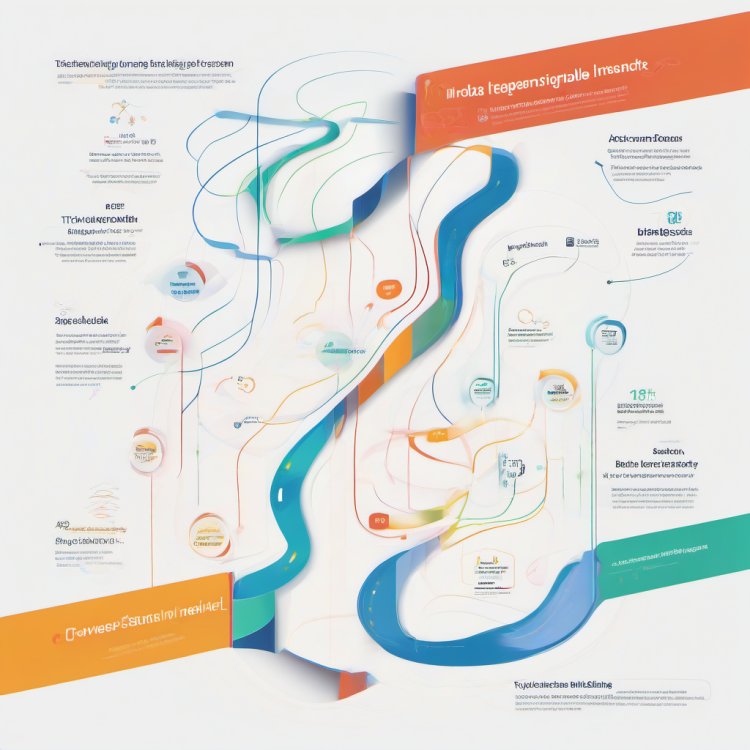
Introduction
In today's data-driven world, big data analytics has emerged as a game-changing tool for businesses across all sectors. By processing and analyzing vast amounts of structured and unstructured data, organizations can uncover valuable insights, predict trends, and make data-informed decisions that drive growth and innovation.
What is Big Data Analytics?
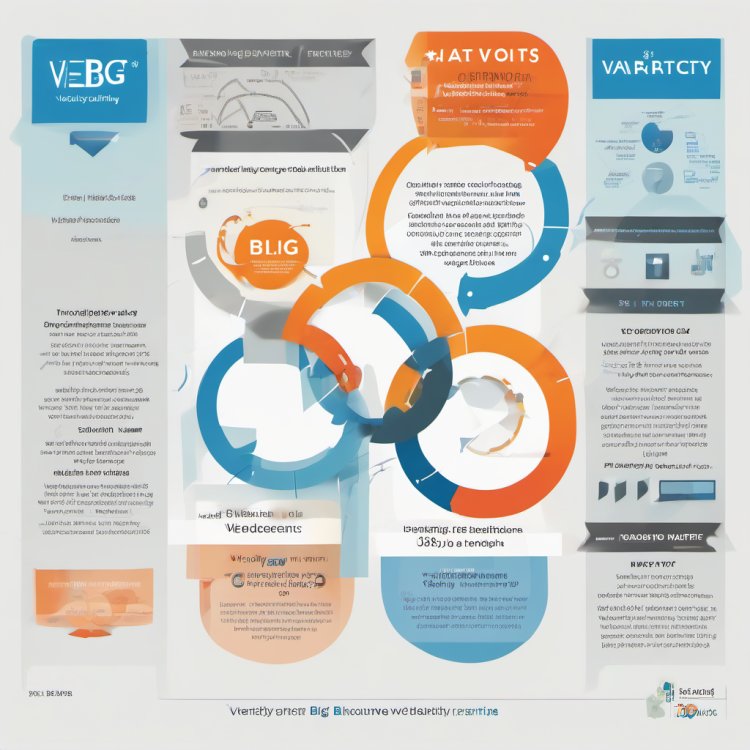
Big data analytics refers to the complex process of examining large and varied data sets to uncover hidden patterns, unknown correlations, market trends, customer preferences, and other useful business information. This process involves:
- Data Collection: Gathering data from various sources.
- Data Storage: Storing the collected data efficiently.
- Data Processing: Cleaning and organizing the data.
- Data Analysis: Applying advanced analytics techniques.
- Data Visualization: Presenting insights in an easily understandable format.
Key Components of Big Data Analytics
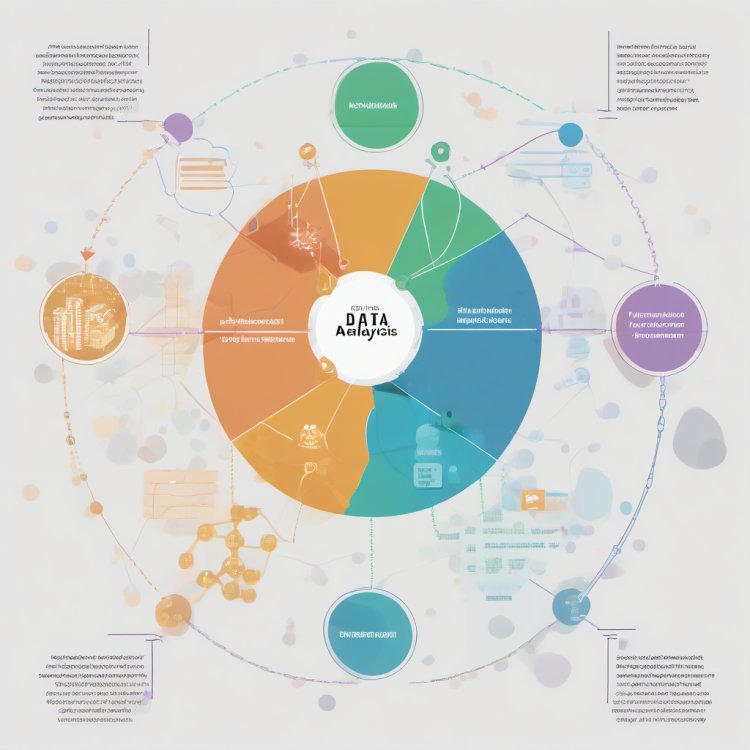
- Data Sources: Including social media, IoT devices, customer transactions, and more.
- Data Storage: Technologies like data lakes and cloud storage solutions.
- Processing Tools: Hadoop, Spark, and other distributed computing frameworks.
- Analytics Software: R, Python, SAS, and other statistical and machine learning tools.
- Visualization Tools: Tableau, Power BI, and similar data visualization platforms.
Benefits of Big Data Analytics
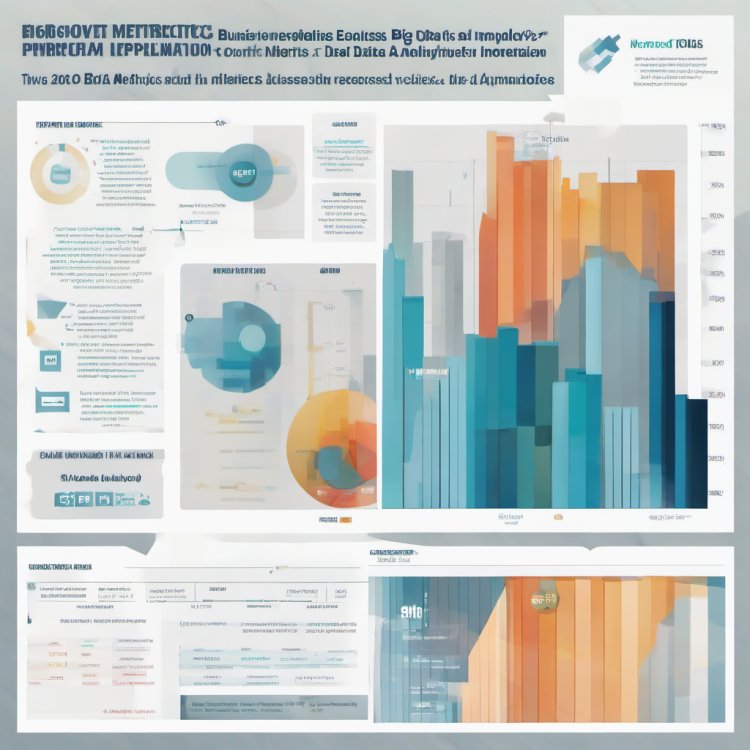
- Enhanced Decision Making: Provides data-driven insights for more informed choices.
- Improved Operational Efficiency: Identifies areas for process optimization.
- Better Customer Understanding: Analyzes customer behavior and preferences.
- Risk Management: Predicts and mitigates potential risks.
- Product Innovation: Uncovers market gaps and customer needs.
- Competitive Advantage: Offers insights that can set businesses apart from competitors.
Industries Transformed by Big Data Analytics

- Healthcare: Predictive diagnostics, personalized treatment plans.
- Finance: Fraud detection, risk assessment, algorithmic trading.
- Retail: Customer segmentation, inventory management, price optimization.
- Manufacturing: Predictive maintenance, supply chain optimization.
- Transportation: Route optimization, predictive maintenance for vehicles.
Challenges in Implementing Big Data Analytics

- Data Quality and Consistency: Ensuring data accuracy and reliability.
- Data Privacy and Security: Protecting sensitive information and complying with regulations.
- Skill Gap: Finding qualified data scientists and analysts.
- Technology Infrastructure: Implementing and maintaining necessary hardware and software.
- Data Integration: Combining data from disparate sources effectively.
Emerging Trends in Big Data Analytics

- Edge Analytics: Processing data closer to the source for faster insights.
- Augmented Analytics: Using AI and ML to automate data preparation and insight discovery.
- Real-time Analytics: Processing and analyzing data as it's generated.
- Predictive and Prescriptive Analytics: Moving beyond descriptive analysis to forecast future trends and recommend actions.
- Natural Language Processing: Analyzing unstructured text data for deeper insights.
Implementing Big Data Analytics in Your Organization
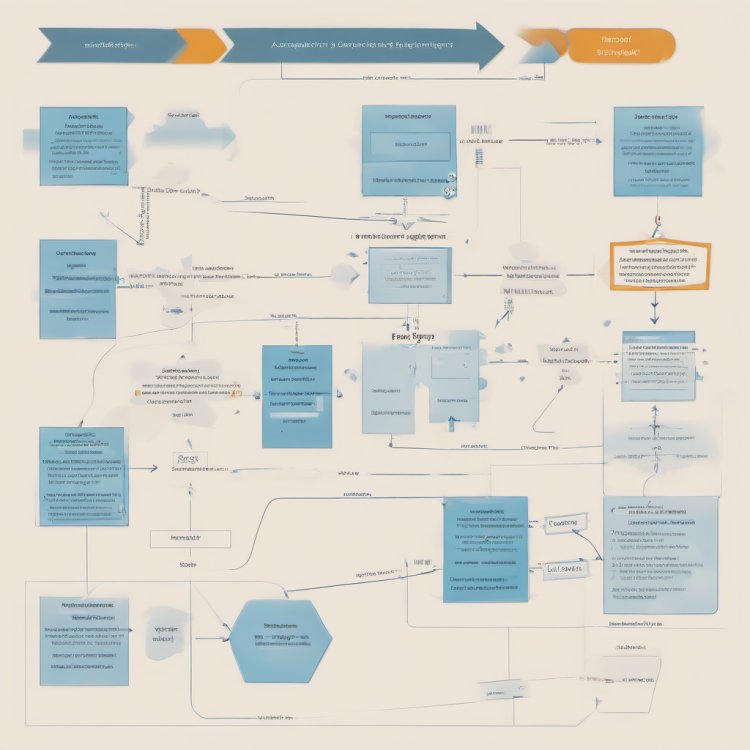
- Define Clear Objectives: Identify specific business problems to address.
- Assess Data Resources: Evaluate available data and potential sources.
- Build the Right Team: Hire or train skilled data professionals.
- Choose Appropriate Tools: Select software and hardware that fit your needs.
- Start Small and Scale: Begin with pilot projects and expand based on success.
- Ensure Data Governance: Implement policies for data quality, security, and compliance.
- Foster a Data-Driven Culture: Encourage data-based decision making across the organization.
The Future of Big Data Analytics

As technology continues to evolve, big data analytics will become increasingly sophisticated. Future developments may include:
- Greater integration with AI and machine learning.
- Enhanced natural language processing capabilities.
- Improved handling of unstructured data.
- More accessible self-service analytics tools.
- Increased focus on ethical AI and responsible data use.
Conclusion
Big data analytics has revolutionized the way businesses operate and make decisions. By harnessing the power of vast amounts of data, organizations can gain unprecedented insights, improve efficiency, and drive innovation. As the field continues to evolve, those who effectively leverage big data analytics will be well-positioned to thrive in an increasingly competitive and data-driven business landscape.
What's Your Reaction?





















